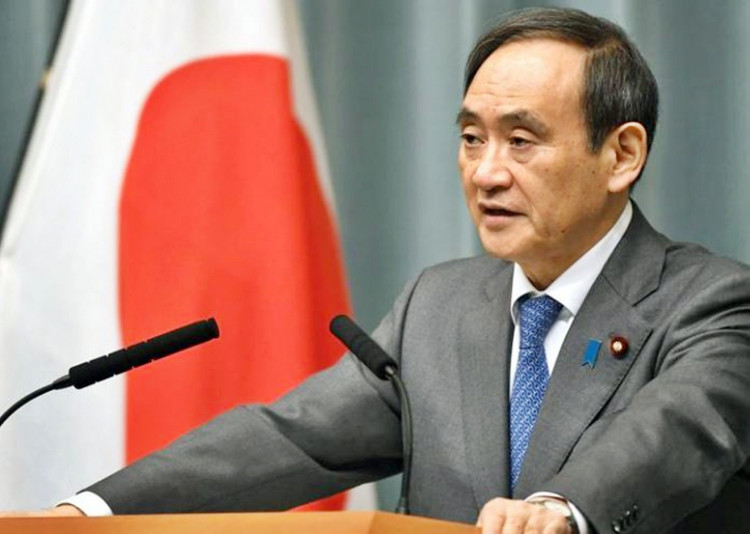President Joe Biden has reaffirmed the United States' iron clad commitment to the security of Japan, telling Prime Minister Suga Yoshihide in their first call as leaders his country will help protect the Senkaku Islands against claims by China.
Biden and Suga spoke specifically about Japan's barren Senkaku Islands, a string of uninhabited islets in the East China Sea that is located west of Okinawa Island, east of mainland China and northeast of Taiwan.
China bolstered its claim to the Senkakus after the discovery of potential undersea oil reserves close to the islands in 1968. Japan administers the Senkakus from Okinawa.
Biden previously confirmed his commitment to the Treaty of Mutual Cooperation and Security Between the United States and Japan signed in 1951 that established a military alliance between both countries. The treaty, which was amended in 1960, affirms the Senkakus as part of Japan.
"I would like to deepen my personal relationship with President Biden and work to strengthen the Japan-U.S. alliance," said Suga to Japanese media after the 30-minute conversation.
The White House later said Biden and Suga talked about Washington's "unwavering commitment to the defense of Japan under Article 5 of our security treaty." It said Biden reaffirmed "his commitment to provide extended deterrence to Japan," which "includes the Senkaku Islands."
Suga and Biden agreed to work with Australia and India, fellow members of the Quadrilateral Alliance (or "Quad") of democracies collectively standing against Chinese territorial expansionism across the Indo-Pacific region.
For his part, Suga expressed Japan's serious concerns about a new Chinese law revealed over the weekend authorizing the China Coast Guard to fire on foreign ships in the South China Sea and the East China Sea.
China's Coast Guard Law explicitly allows the China Coast Guard to fire on foreign vessels, including military vessels, in a dangerous move that makes the prospect of an armed conflict with the United States and Japan more likely.
The law empowers the China Coast Guard to "take all necessary measures, including the use of weapons when national sovereignty, sovereign rights, and jurisdiction are being illegally infringed upon by foreign organizations or individuals at sea."
The law also allows coast guard personnel to demolish other countries' structures built on Chinese-claimed reefs and to board and inspect foreign vessels in waters claimed by China.
On Sunday, new U.S. Secretary of Defense Lloyd Austin told Japanese Minister of Defense Nobuo Kishi in their first talk the Senkakus fall under the scope of the Treaty of Mutual Cooperation and Security.
Austin "affirmed that the Senkakus are covered by Article V of the treaty." The Pentagon later said the U.S. "remains opposed to any unilateral attempts to change the status quo in the East China Sea."






